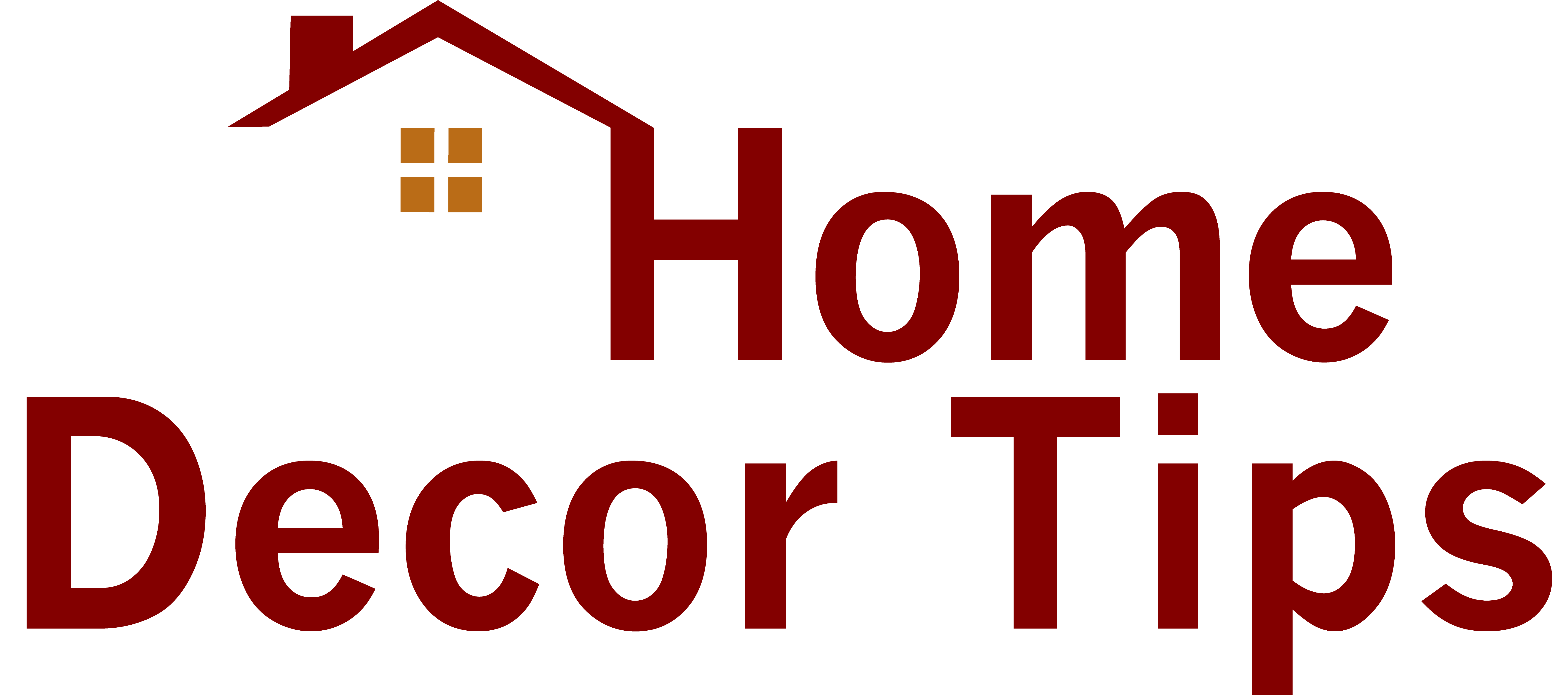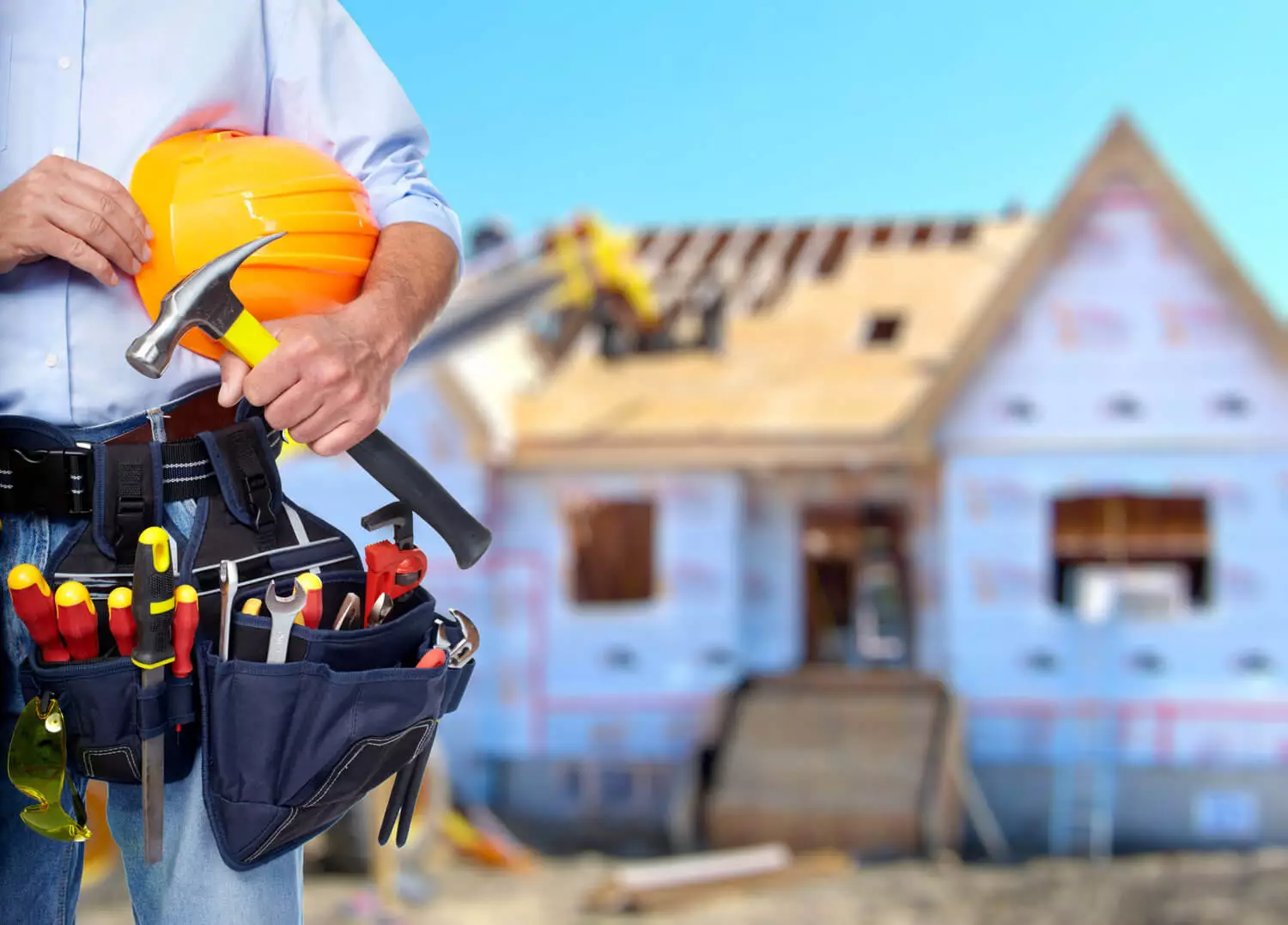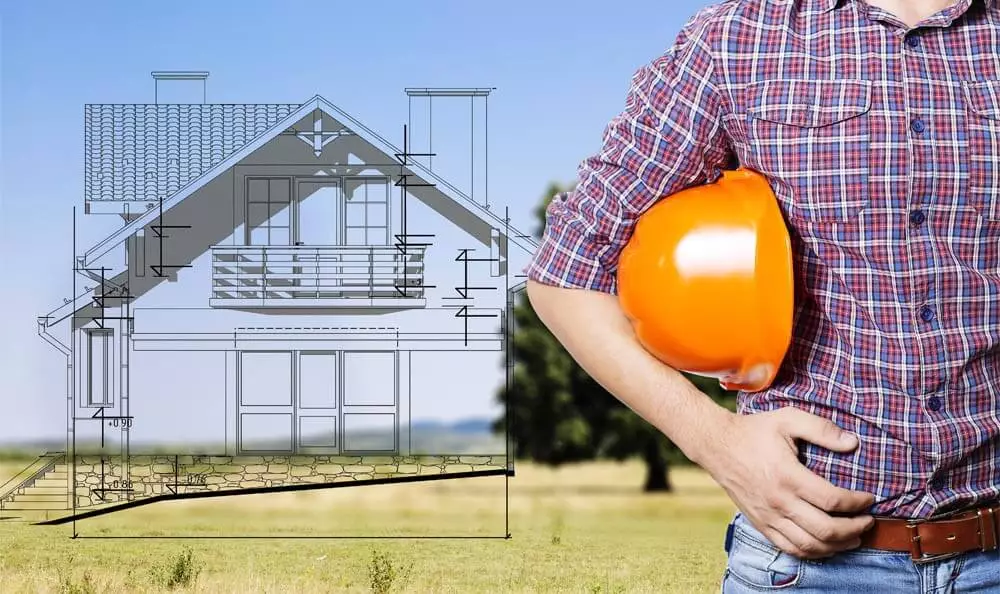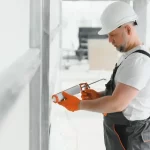If you’re buying a home, there’s one step you should never skip—a home inspection. It gives you a clearer picture of what you’re getting into before closing the deal. But how much is a Home Inspection? Let’s break it down so you can budget confidently and make informed choices during your homebuying journey.
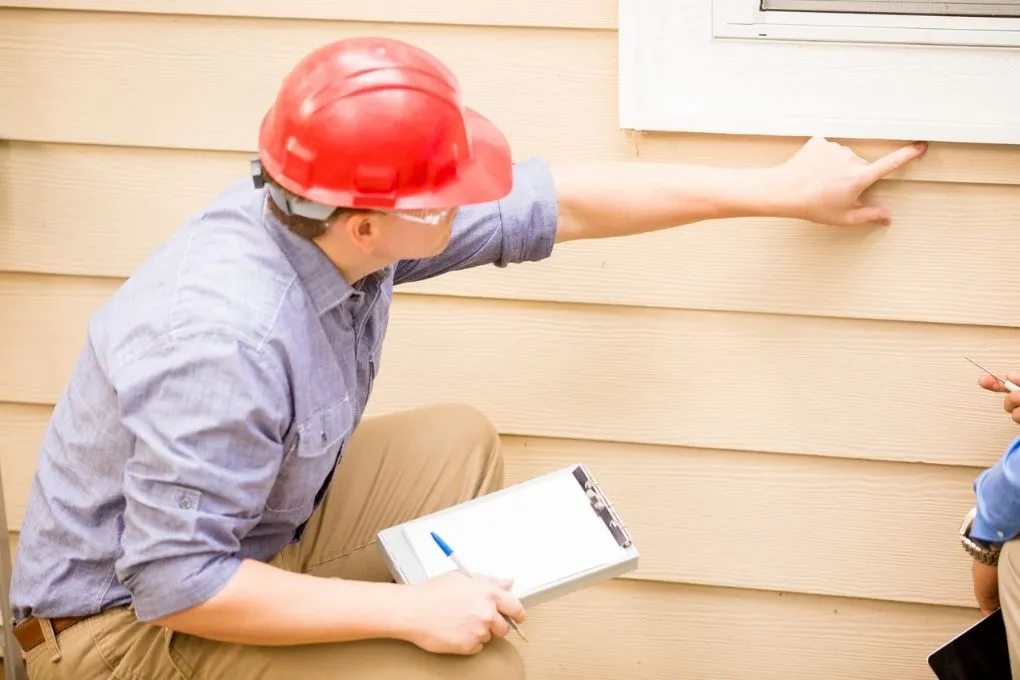
Content
Average how much Is a Home Inspection
The average cost of a home inspection typically ranges from $300 to $500, depending on several factors. These include the size of the home, location, and specific inspection services requested. Some larger homes or those with unique features—like swimming pools or basements—can cost upwards of $700 or more.
It’s important to note that how much is a home inspection are usually paid out-of-pocket by the buyer. Unlike some closing costs, this fee isn’t rolled into your mortgage or negotiated into the sale price. Think of it as a necessary upfront investment for peace of mind.
Do You Really Need a Home Inspection?
In short—yes, you do. A home inspection isn’t legally required in most states, but it’s highly recommended by real estate professionals. Skipping it can result in unexpected repair bills and buyer’s remorse.
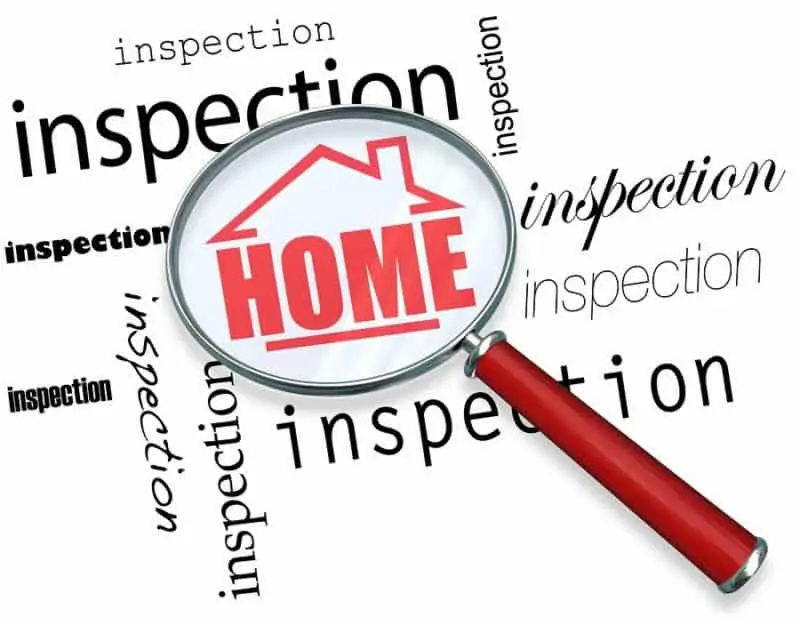
A certified home inspector can uncover hidden issues such as:
- Roof leaks or damage
- Outdated or faulty electrical systems
- Structural concerns
- Plumbing problems
- Mold or water damage
These aren’t always visible during a showing, but they could cost thousands to fix after you move in. In competitive markets, some buyers are tempted to waive inspections to sweeten their offers—but doing so is risky. A how much is a home inspection report equips you with bargaining power to request repairs or lower the price.
What Does a Home Inspection Include?
A typical home inspection lasts 2 to 4 hours, depending on the size and condition of the property. During that time, the inspector thoroughly examines major home systems and structural elements, including:
- Foundation and structural components
- Roof, attic, and insulation
- Plumbing and water systems
- Electrical wiring and panels
- Heating and cooling systems (HVAC)
- Interior and exterior walls, windows, and doors
They’ll also look for safety hazards, code violations, and potential signs of pest infestations or water damage.
Some specialized inspections may come at an additional cost. These include:
- Radon testing
- Mold testing
- Asbestos analysis
- Pest and termite inspections
- Sewer line and septic system checks
Ask your inspector which services are included in the base price, and whether add-ons are necessary based on the home’s age or location.
Factors That Influence the Cost
Not all homes are created equal—and neither are their inspection fees. Here are a few elements that can affect the how much is a home inspection:
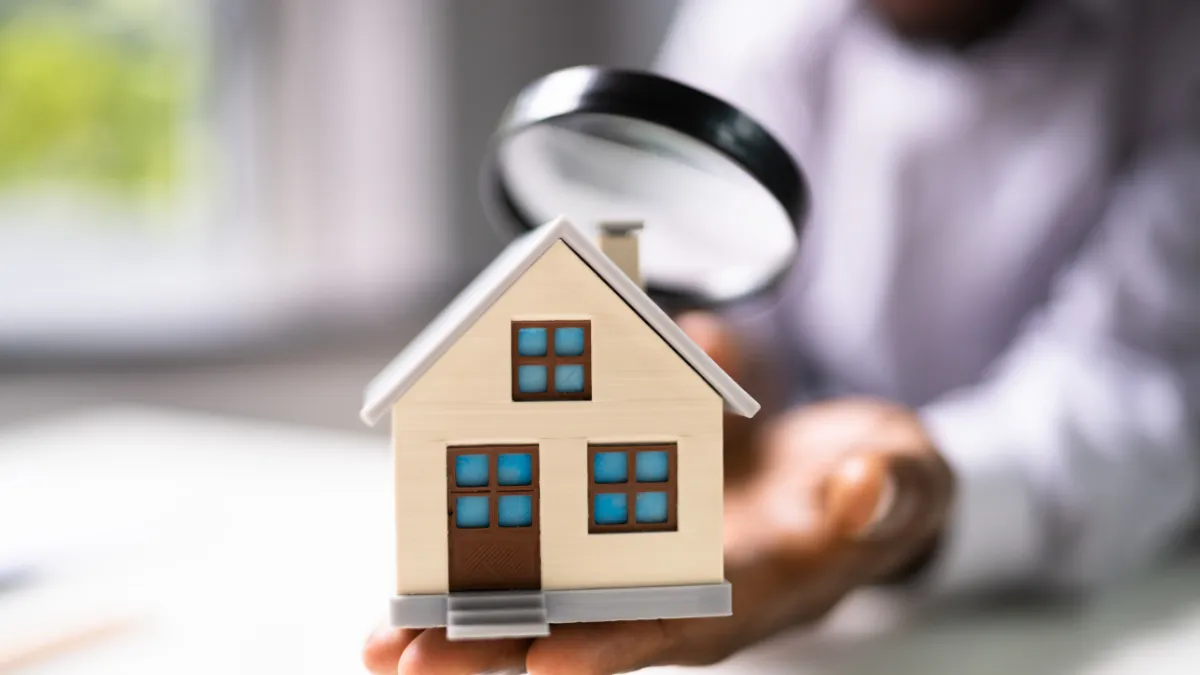
1. Size of the Home
Larger homes take more time and labor to inspect. If your home is over 2,000 square feet, expect to pay closer to the high end of the range.
2. Location
Prices can vary based on regional demand, cost of living, and travel time for inspectors. Urban areas may have higher rates than rural regions.
3. Age and Condition
Older homes often require more scrutiny and generate longer reports. If your property was built before the 1980s, inspections may take longer and cost more.
4. Additional Features
Pools, detached garages, outbuildings, and finished basements add complexity—and cost.
5. Specialty Services
As mentioned, mold, radon, or sewer inspections are not usually included in the base price.
How to Choose a Home Inspector
Choosing the right inspector is just as important as having the inspection done. Here’s what to look for:
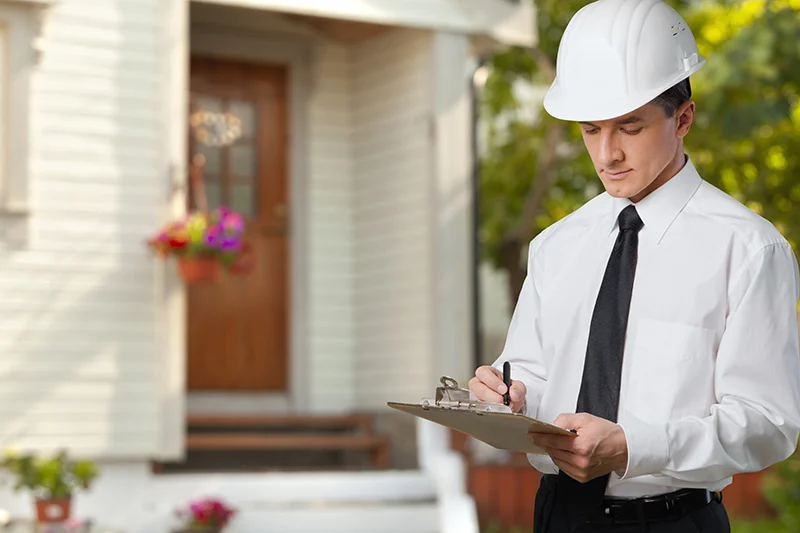
● Certifications and Licensing
Make sure your inspector is certified by organizations such as InterNACHI (International Association of Certified Home Inspectors) or ASHI (American Society of Home Inspectors). State licensing may also be required, depending on where you live.
● Experience and References
Ask how long they’ve been inspecting homes and request past client testimonials or references.
● Sample Reports
A good inspector should offer a sample report so you can see how detailed and clear their findings are.
● Insurance
Check that they carry errors and omissions insurance, which protects you if they miss a major issue.
● Availability
In hot markets, good inspectors get booked quickly. Schedule yours as early as possible after your offer is accepted.
Who Pays for the Home Inspection?
In most cases, the buyer pays for the how much is a home inspection as part of their due diligence. It’s an upfront, out-of-pocket cost that usually isn’t refundable. However, this fee could save you money by revealing deal-breaking problems—or giving you leverage to negotiate the price or ask the seller to make repairs.
Some sellers choose to conduct pre-listing inspections so they can fix issues beforehand and attract more confident buyers. But this doesn’t replace a buyer’s right to an independent inspection.
How to Prepare for a Home Inspection
If you’re the buyer:
- Be present if possible. It’s helpful to walk through the property with the inspector and ask questions.
- Bring a notebook or smartphone to take notes and photos.
- Make a list of specific concerns to point out.
If you’re the seller:
- Make sure all areas of the home are easily accessible, including the attic, crawl spaces, and utility panels.
- Replace burned-out bulbs and test smoke detectors.
- Provide access to keys, garage openers, and appliances.
Common Home Inspection Findings
Many inspection reports reveal at least a few minor issues. Some of the most common findings include:
- Leaky faucets or pipes
- Improper drainage or grading
- Faulty HVAC systems
- Roof damage or missing shingles
- GFCI outlet issues in kitchens or bathrooms
Remember, no home is perfect—even new constructions can have problems. The goal isn’t to find a flawless home, but to uncover major safety concerns or costly repairs you weren’t aware of.
Conclusion: Is a Home Inspection Worth It?
Without a doubt, a home inspection is one of the smartest decisions you can make when buying a home. It protects your investment, gives you a clear understanding of potential repairs, and equips you with leverage during negotiations.
Although the average how much is a home inspection adds a few hundred dollars to your upfront expenses, it’s a valuable tool that could save you thousands in the long run. Whether you’re a first-time buyer or seasoned investor, hiring a qualified home inspector is a critical step toward a confident purchase.
FAQs
How long does a home inspection take?
Most inspections last 2–4 hours, depending on the size and condition of the home.
Are home inspections required by law?
Not usually—but they are strongly encouraged by real estate experts.
Can I negotiate after the inspection?
Yes. Based on the results, buyers often negotiate price reductions, repairs, or closing credits.
What happens if the home fails the inspection?
Technically, homes don’t “fail.” But if issues are severe, you may choose to walk away from the deal or renegotiate.

Melissa Day is a dedicated home blogger who has been blogging for over six years. She covers everything home related. Melissa also loves writing posts about her travels to Europe with her husband and two children.
